பார்த்தவுடன் பிடிக்காது; பார்க்கப் பார்க்கப் பிடிக்கும் - அதுபோல படித்தவுடன் பிடிக்காது; படிக்கப், படிக்கப் பிடிக்கும்.
Social Work students are familiar with phases studied in various methods – Case work (intake, study, diagnosis, treatment, follow up, termination), Group work (planning phase, beginning phase, middle phase, ending phase). Phases or steps again repeated in welfare administration, social policy, project planning. Phases are integral part in acquisition of knowledge or carrying out action. Phases are rational – that aid in making rational decisions. It is inappropriate to use the terminology of diagnosis and treatment in community organization, instead we use analysis and decision making / deciding to act. But both the processes are similar. If the students understand these underlying similarities, it will be easy for them to internalize it.
In case work and group work the phases can be described neatly. As a method moves from individualstic to collectivistic, one cannot confine the phases in a standard phraseology. In community organization and social policy, description of phases is complex and differs from author to author, reflecting the complex and diversified nature of the subject matter.
For example in community organization study is used alternatively as fact finding, problem identification, need assessment, asset mapping, social analysis, opportunity assessment etc. Each alternative has its own value orientation and methodological specification. Fact finding and problem identification may look similar, but the usage of problem identification is neutral or academic in nature when compared with fact finding. But the usage of these different terminologies is not to confuse the learners but to catch the reality – complex, diversified and risk prone nature of the community life.
Besides these, there is multitude of methodologies available to use in every phase. The conventional survey, different tools in PRA/ PLA, PPGIS, mapping of different types are some of the methods used by the community organizers to explore the communities.
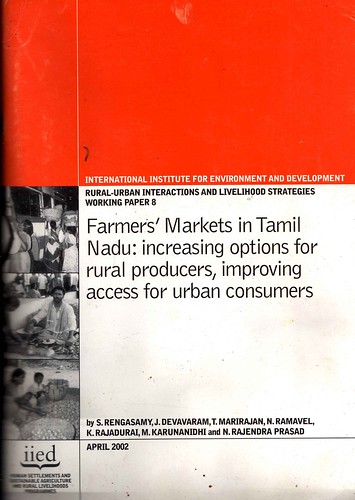
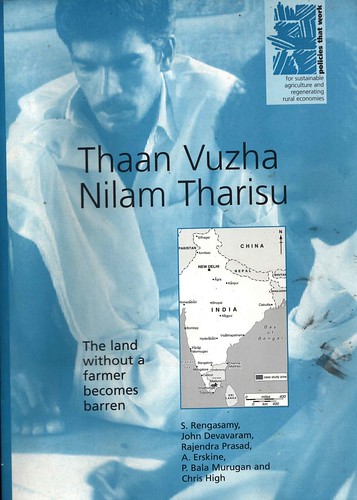
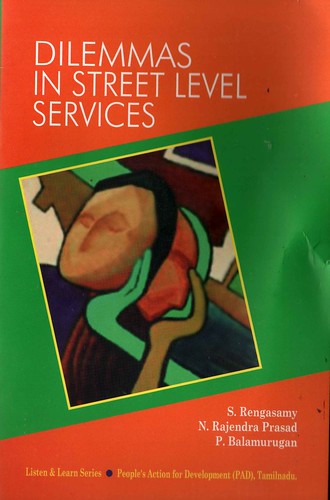
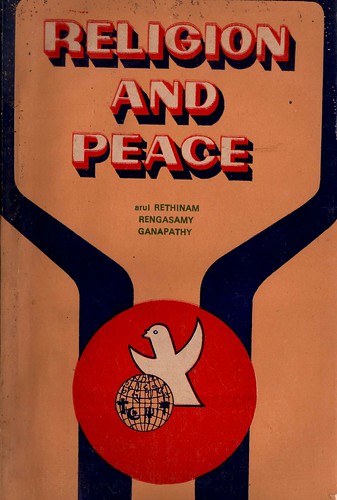

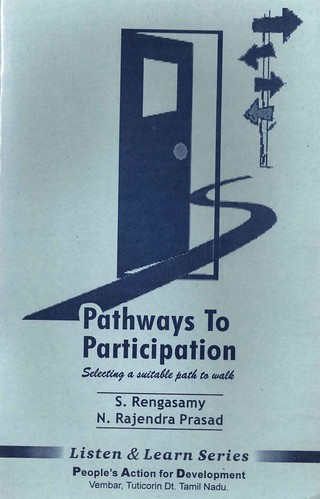




No comments:
Post a Comment